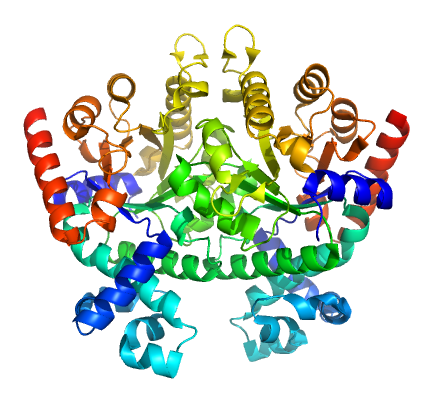Research Highlights
A PROMISING STRATEGY TO TREAT MALARIA
Malaria, caused by Plasmodia parasites, has re-emerged as a major problem, especially due to multidrug resistance. Researchers from the University of Toronto used data from the 08ID-1 beamline to investigate a promising strategy to develop novel classes of therapeutics.
Aug. 24, 2010
Malaria, caused by Plasmodia parasites, has re-emerged as a major problem, imposing its fatal effects on human health, especially due to multidrug resistance. In Plasmodia, orotidine 5’-monophosphate decarboxylase (ODCase) is an essential enzyme for the de novo synthesis of uridine 5’-monophosphate. Impairing ODCase in these pathogens is a promising strategy to develop novel classes of therapeutics. Researchers from the group of Dr. E. Pai (University of Toronto) used data from the 08ID-1 beamline to investigate the structure–activity relationships of various novel inhibitors of ODCase.
J. Med. Chem. 51 (3), 439-448